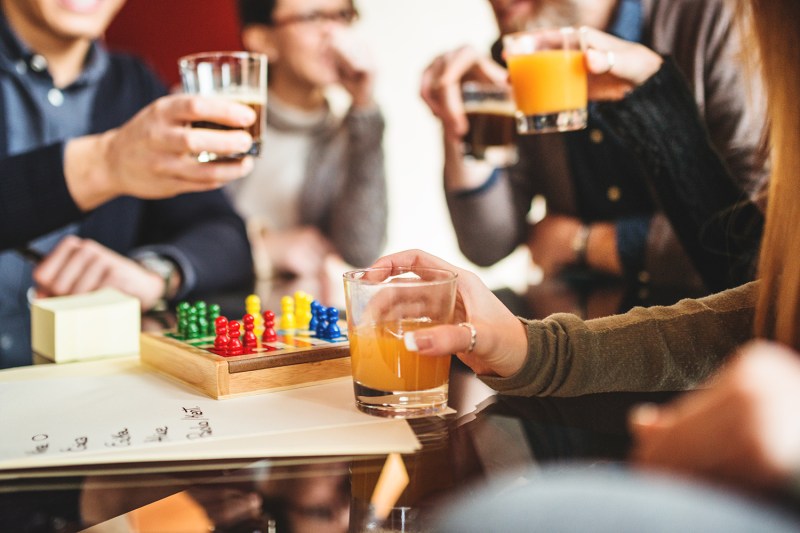
When it comes to liqueurs, the times have really changed over the last decade. Where bottles such as amaretto, Sambuca, triple sec, and peach schnapps were once mainstays in the family liquor cabinet — and are likely still collecting dust to this day — the new age of craft spirits and liqueurs have brought forth new ingredients and flavors such as chili liqueurs, rosolios, and liqueurs of every fruit flavor imaginable.
In a world where there are too many options to choose from, we have to narrow it down to what is really necessary to have for the home bar. What will collect dust, versus what will be the go-to modifier for entertaining with cocktails at home? There are a lot of variables to consider, and many of them are based on flavor preferences, but we asked a few professional bartenders which liqueurs they feel are the most essential to have at home, to set the record straight.
Coffee Liqueur
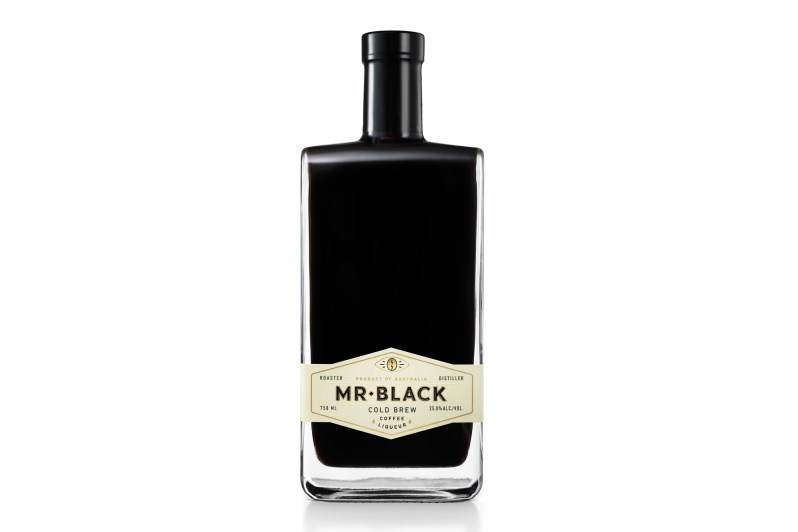
When the average person thinks of coffee liqueur, Kahlua is typically the first brand that comes to mind. While a healthy number of people still use this semi-cloying liqueur to make their White Russians, new brands such as the Australian-made Mr. Black Cold Brew Coffee Liqueur, and California’s St. George NOLA Coffee Liqueur — which isn’t as new, but is relative to Kahlua — have taken the category by storm by offering authentic coffee flavor through innovative production processes.
“One of the best bottles to keep in a home bar is a coffee liqueur such as Mr. Black,” Martin Hudak, bartender at Maybe Sammy in Sydney, Australia, says. “Mr. Black offers you consistency and a high-quality distinct coffee flavor in every bottle.” Ryan Gavin, bar manager at Gran Tivoli & Peppi’s Cellar agrees, adding that Mr. Black is balanced and has a great flavor that differentiates itself from other brands. “It’s the holy trinity of after-dinner options,” he says. “Unlike other coffee-flavored spirits, Mr. Black uses real cold-drip coffee to dilute [the distillate] to bottling strength after an infusion of real arabica coffee beans. This gives a deep and real coffee flavor with balanced sweetness rather than some of the saccharin-heavy options on the market.”
Aperitivo
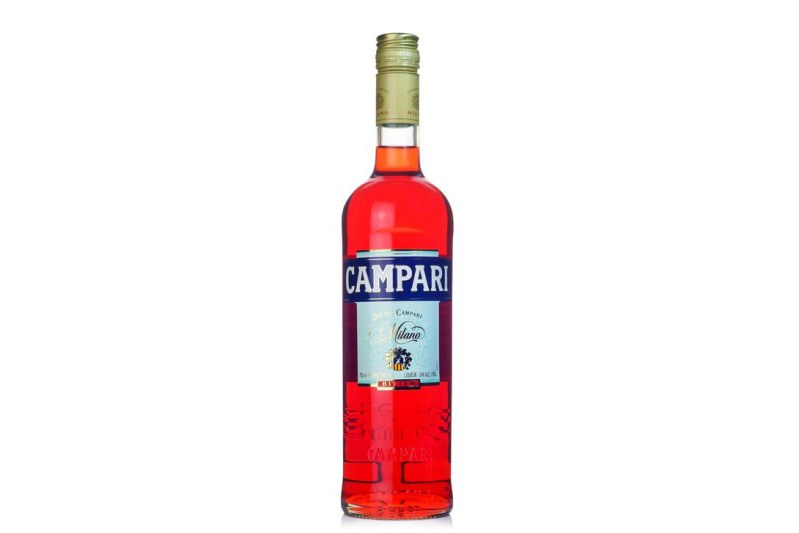
Aperitivos are a category typically defined as bitter red liqueurs that are drunk before dinner to stimulate one’s appetite. Campari, one of the most popular and essential Aperitivos, is one that’s employed in one of the most iconic cocktails of the current cocktail era, the Negroni. Beyond the Negroni, Campari can be used in simpler formats as well such as the Campari Soda, and the famous Garibaldi — a mix of Campari and orange juice made popular by Dante in New York. “Having Campari or a bright and citrus-driven bitter liqueur is ideal,” David Mor, bartender at Bad Hunter, says. “It provides balance and complexity, keeps industry and non-industry friends happy, as well as maintains a great shelf life. A little goes a long way with Campari, so the return on your investment is awesome.”
The other most popular Aperitivo is Aperol — most popularly used in the Aperol Spritz. It’s like Campari’s sweeter, less bitter cousin. “For my home bar I substituted Campari for Aperol as I am not a personal fan of Negronis, but I find Aperol as an ingredient that can be used as a substitute in a Negroni with a gin that has a lighter profile…” Steve Huddleston, food and beverage manager at the Grand Bohemian Hotel in Charlotte, NC says. Huddleston also adds that Aperol can be used in other modern classics such as the Paper Plane, so its versatility makes it a must-have for the home bar.
Elderflower Liqueur
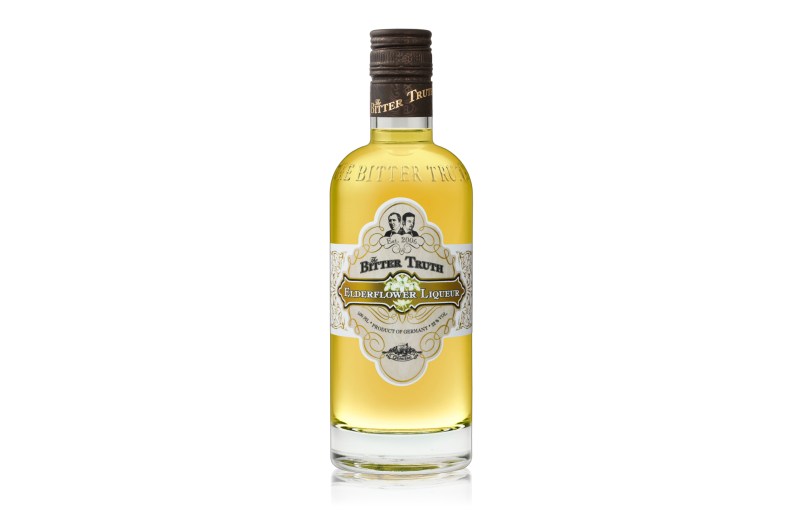
The days of elderflower Martinis have come and gone, but the flavor of elderflower still has a place in the home bar. William Brawley, GM and beverage director at Billie Jean in Clayton, Missouri, recommends Bitter Truth Elderflower Liqueur from Germany, as Bitter Truth is a brand known for its well-made liqueurs and bitters. “Their Elderflower liqueur is no exception,” Brawley says. “Round, floral, rich, yet mellow, with a sweet-spice backbone — it deserves a place on every home bar.” It plays well in an Elderflower Spritz, in a gin & tonic, or any effervescent cocktail that could benefit from a dash of some floral sweetness. More commonly found, and quite delicious as well, St. Germain is another go-to elderflower liqueur worth considering.
Banana Liqueur
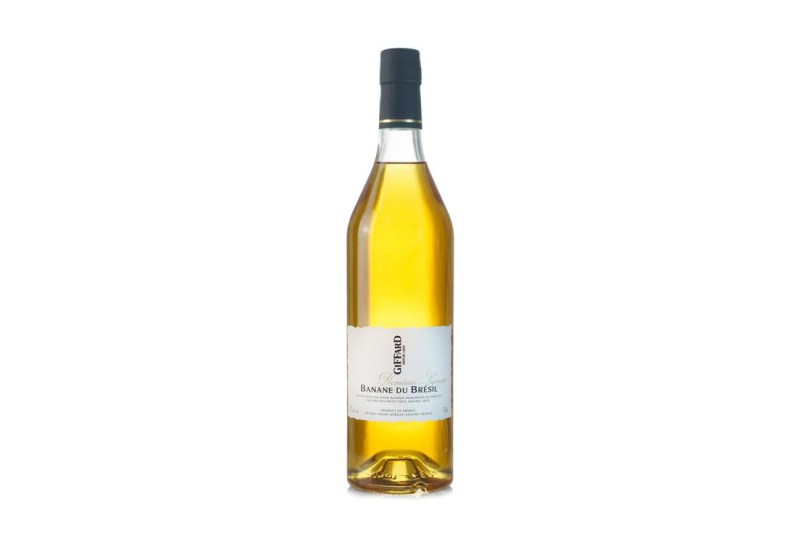
While banana may seem off-putting at first thought, it is actually one of the most versatile flavors to have in your home bar’s arsenal as it mixes well with every spirit. While there are a few brands that are available, the market is essentially dominated by two: Giffard Banane du Bresil, and Tempus Fugit Créme de Banane. “I love having a rich fruit liqueur such as Tempus Fugit Créme de Banane [on-hand]; it drinks like a banana foster liqueur, [I] can substitute any rich simple or demerara syrup with it in stirred and boozy drinks, or utilize it within some shaken rum classics,” says Mor. The best application for banana liqueur in a classic rum cocktail is in a daiquiri (trust us, there are few cocktails better than a properly executed banana daiquiri). Giffard’s version of banana liqueur is also worth buying and is, typically, easier to obtain. Regardless, this fruit liqueur will never let you down.
Irreplicable Liqueurs
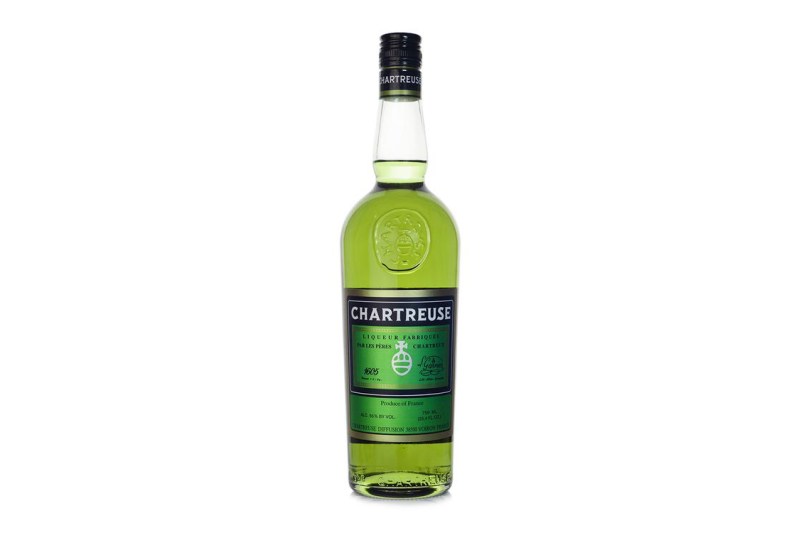
There are some liqueurs that, even if you are a mixologist extraordinaire, can’t be replicated in terms of flavor. Sometimes if you desire the flavor of strawberry, or rhubarb, and don’t have access to a liqueur, you can create a syrup using ingredients that are easily found when in season. But, there are a few liqueurs that are so unique that there is no replacing the flavor that they add to cocktails. Moe Alijaff, co-owner of Two Schmucks in Barcelona says that some flavors are either “too much of a hassle to re-create or damn near impossible.” Some of these irreplaceable liqueurs include Chartreuse (a liqueur made by Carthusian monks in France with a proprietary recipe of 130 various herbs and botanicals), Ancho Verde (a chili liqueur), and Luxardo Maraschino. Each can be applied in various fashions, but all are distinct flavors that will be essentials for any home bar.



